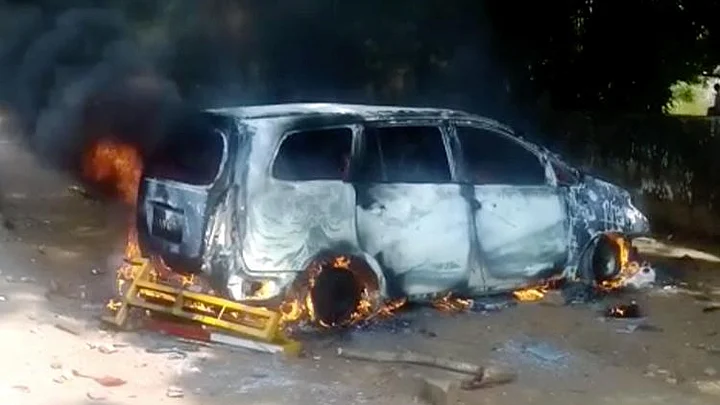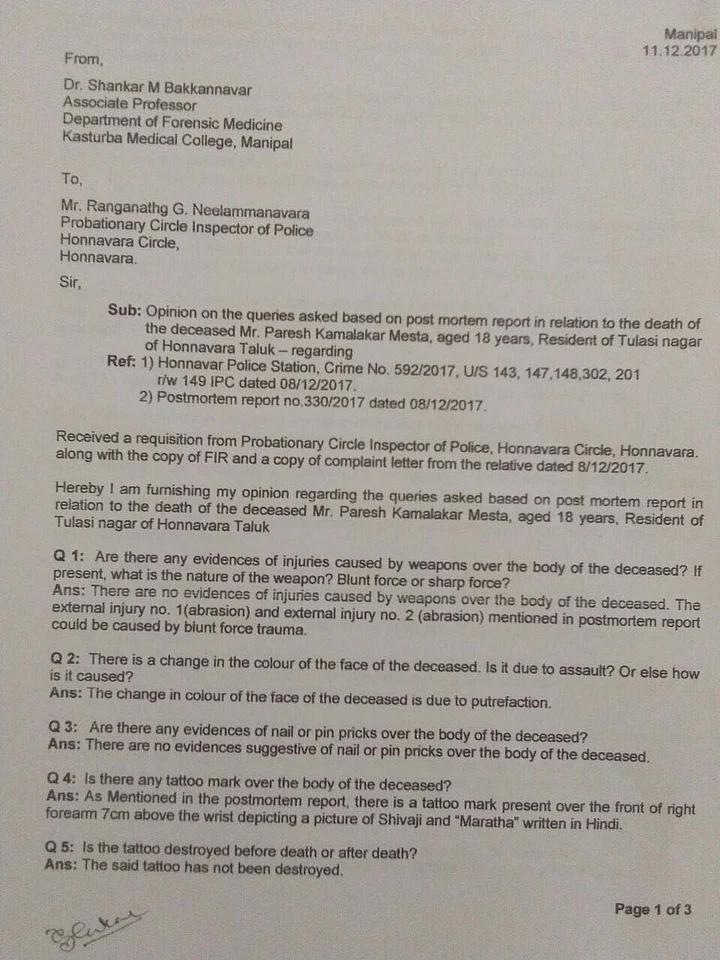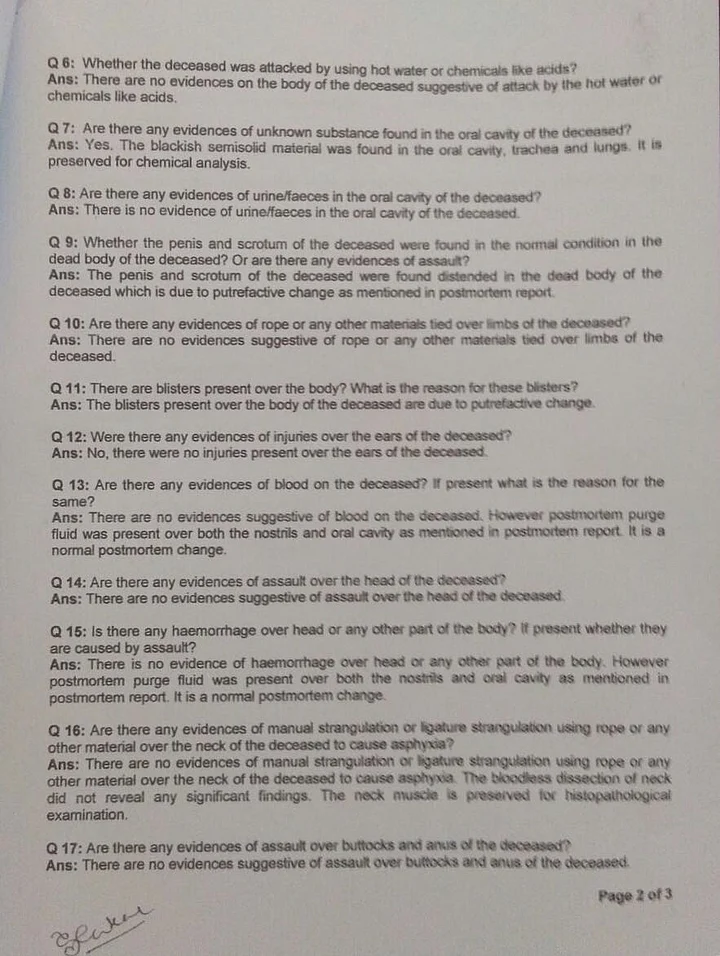The death of a 21-year-old under mysterious circumstances on 6 December in Karnataka has led to violent protests in many parts of the state. Even though the cause of death is yet to be ascertained, fake news articles and social media messages – claiming torture and murder – have made the mysterious death into a communal issue.
The putrefied body of Paresh Kamalakar Mesta was found in a lake in Honnavar Taluk. As the body was highly decomposed, the post-mortem and viscera tests have been delayed. But before these test results were out, the fake news spread like a wild fire.
The fake news, based on unverified social media messages, claimed that hot oil was poured over victim’s head, acid was poured inside his head after breaking it open, his private parts were cut, and finally he was thrown in to the lake. As the message spread, more torture methods were added to the list.
These messages were soon picked up by senior BJP leaders and one of them, BJP District President KG Naik, claimed that a tattoo with the Hindu god Ram’s name on Paresh’s body was mutilated by the attackers.
Even though there was no evidence of Paresh being part of any of the organisations in the Sangh Parivar, BJP claimed it was an attack against right-wing activists and an attack against Hindus.
As the fake news spread, a mob began gathering in parts of Kumta, resulting in violent protests. The violent protesters even set the official vehicle of Inspector General of Western Range Hemanth Nimbalkar’s car on fire.
A prominent TV channel published the fake news. The promo of the news item claimed that the victim was mutilated, burnt and injured using acid and hot oil, and the same allegations were made during the show as well.
The programme aired by the TV channel claimed hot oil was poured.
The anchor of the show later quoted the medical report to say that claims of hot oil being used were debunked.
In a blog post posted on 14 December 2017, Shiv Aroor defended India Today’s coverage and explained the process of news gathering.
A cursory look at my social media timelines will tell anyone that I’m the last person to defend shoddy media decisions and coverage. Nor do I consider myself above criticism. Slights on India Today’s gold standard of journalism are particularly erroneous.Shiv Aroor
These allegations were found to be fake, when police released a detailed questionnaire answered by the doctor in charge of conducting the post-mortem.
A picture of the ghoulish body of Paresh was used to spread the rumours. The questionnaire began with the coal-black colour of the body, where the forensic expert said that blackening was due to putrefaction and not because of any assault.
Forensic experts categorically denied finding any evidence of hot oil or acid being used on the body.
The experts also pointed out that there were no Jai Sri Ram tattoos on the body that were deformed. Instead, on his right arm, there was a tattoo of Shivaji and Maratha written in Hindi; this tattoo was found intact.
The doctor says that there were no injuries present on the ears, no evidence to suggest that a rope or any other material was used to tie the limbs of the deceased, no traces of strangulation, and no assault on his head. It also says that Paresh's fingers and toes were in normal condition.
The report adds that a blackish semi-solid material was found in Paresh's oral cavity, trachea and lungs, and it has been preserved for chemical analysis. Also, two aberrations were found on this body, which are being investigated.
On Monday night, police also arrested Thimmapa Parameshwar Nayak, a 43-year-old physical education teacher with a private school in Kumta, for circulating the fake news.
(Update: This story was updated at 7 pm on 14 December to include Shiv Aroor’s clarification.)
(At The Quint, we question everything. Play an active role in shaping our journalism by becoming a member today.)




.jpeg?auto=format%2Ccompress&fmt=webp&width=720)